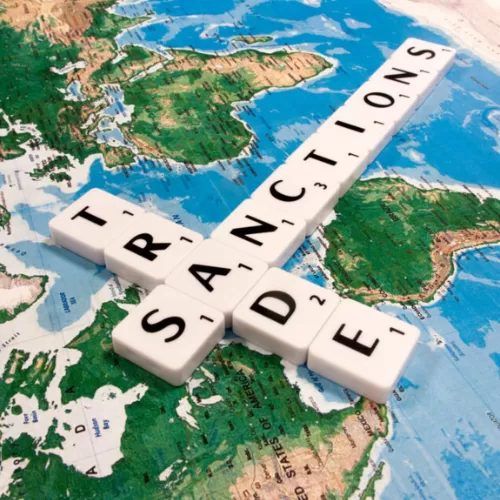Europe faces a difficult situation with Israel’s war in Gaza and the aggressive actions of Israeli settlers in the occupied West Bank. For years, many European countries supported Israel, but now their patience seems to be wearing thin. Recently, European governments have taken steps that show they are reconsidering how to respond to serious violations of international law by Israel. These steps include talks about sanctions—penalties that could hurt Israel’s economy and political standing.
Europe’s Growing Frustration with Israel’s Actions
In recent weeks, several European countries have acted to show their frustration. The European Union (EU) started reviewing its agreement with Israel that controls trade and cooperation between them. Britain stopped trade talks with Israel, and Norway’s government fund banned investments in an Israeli company connected to settlements in the West Bank. Leaders from France, the UK, and Canada warned Israel that sanctions could be imposed if things don’t improve. Even Germany, a longtime supporter of Israel, is now openly criticizing the country’s behavior.
Some say these moves are too late and compare Europe’s slow response to Israel with how quickly the West acted against Russia after it invaded Ukraine. They point out that the West was very fast and tough with Russia but slow and soft with Israel, calling this hypocrisy. However, this comparison misses an important point. Russia’s invasion of Ukraine threatened the very existence of a country, while Israel’s fight against Hamas was a response to deadly attacks. So, Europe can believe Israel has the right to defend itself, but that doesn’t mean all of Israel’s actions are acceptable.
Evidence of War Crimes and Legal Limits
International investigations, including by the United Nations, have found strong evidence of war crimes and crimes against humanity connected to Israel’s military actions in Gaza and harsh control over the West Bank. This raises serious questions about whether Israel is following international law.
Europe’s response shows it shares this concern. Many believe Israel should be allowed to fight terror groups like Hamas but only within legal limits. When those limits are broken, other countries must step in and apply pressure. Sanctions are one way to do this. They punish countries that break international rules and push them to change their behavior.
Planning Sanctions: What Could Work?
If European countries decide to impose sanctions on Israel, they will have to do it mostly without the United States, which strongly supports Israel and is unlikely to join sanctions. So, Europe needs to plan carefully where sanctions will be most effective.
Dublin Dares While Brussels Waits: Ireland Acts on Israeli Settlements, Alone
Sanctions on banking and finance might not be very effective because Israel can use other financial channels outside the region, especially through the US. However, freezing Israel’s foreign currency reserves held in European banks could have a strong impact. The Bank of Israel holds a large amount of money there, and freezing these funds would make it harder for Israel to manage its economy. These reserves could even be redirected to help compensate Palestinians affected by the conflict.
Trade and Travel Restrictions Could Hit Hard
Trade and travel restrictions might hurt Israel even more. Israel relies heavily on Europe for imports—almost half of its goods come from these countries. They also buys more than a third of Israel’s exports. Many imports are fuels, an area where these nations have strong influence due to its power in shipping and trade services. They also plays a big role in Israel’s service industry and tourism. Limiting business and travel ties would disrupt Israel’s economy and society significantly.
Europe’s recent experience with Russia shows that serious sanctions are possible despite political disagreements. But Europe needs to improve how it decides on sanctions so it can act faster and more effectively. Right now, all EU countries must agree before sanctions are imposed, which slows action down. Changing this rule could make Europe stronger in responding to violations of international law anywhere.
Europe also has to be ready for powerful countries like the US to try to block or weaken any sanctions against Israel. This kind of political opposition is already happening with US actions against international courts that try to hold countries accountable.


